Want to write book reviews but don’t know where to begin? Here’s a simple step-by-step article on how to write-and how not to write-book reviews.
How to review:
Ratings & Reviews are Different
Not everyone knows this, but ratings and reviews aren’t the same thing. A Rating is simply the star value you attach to the book. A review is a written response expressing what you thought about the book….with a star rating included.
If you’re not sure how to rate something, here’s a cheat sheet!
Ratings:
Reviews:
Reviews don’t have to be long! I mean, they can be if you want. I have a lot of fantastic reader reviews that are all different lengths. Some are just a few sentences long, while others are four or five paragraphs. If you’re not sure how to review books, though, and you want to start, here are a few tips:
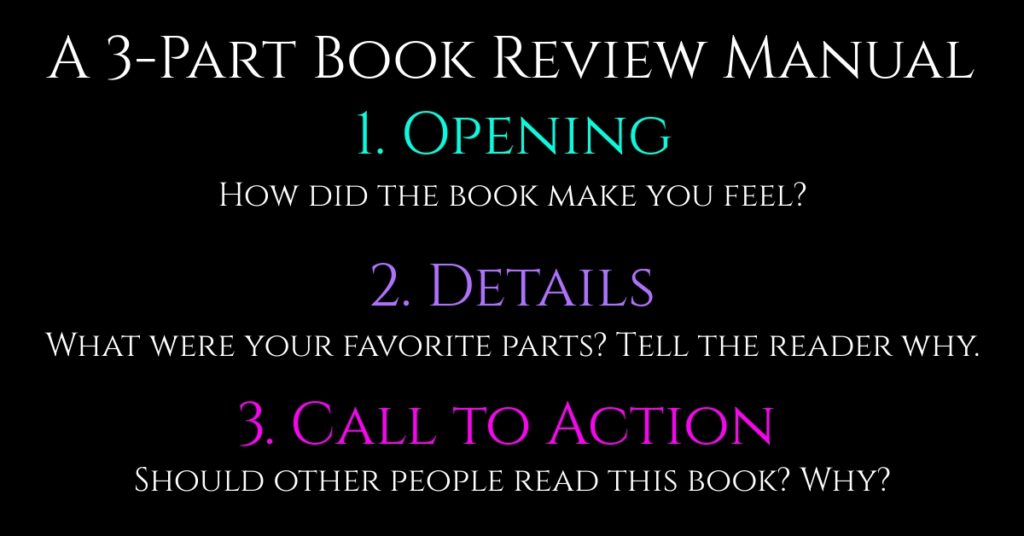
1. State how the book made you feel:
Give an introductory statement that sums up your overarching emotion or reaction to the book. It doesn’t need specifics. Just state the way the book made you feel.
Examples:
I couldn’t put this book down!
This book made me laugh and cry.
This is one of my new favorite fantasies!
Do you have to use those exact phrases when reviewing a book? Absolutely not. Just tell the truth, and you’ll be off to a great start.
2. Talk about details that made an impact on you:
You could do this in one sentence or several paragraphs. Again, it’s all about your reaction to the book, which will be different from anyone else’s reaction. This is the “body” of the review, or the “meat,” so to speak. This is where you let people know why you feel about the book the way you do.
Examples:
The enemies-to-lovers romance was really clever.
I didn’t see the plot twist coming at the end!
The female MC was shy, and that really resonated with me. I felt like I could relate to her. I love how she grew confident as the story progressed.
The male MC was adorable!
3. Tell potential readers why they should or shouldn’t read this book:
If you’re writing a review, there’s a good chance you’re trying to persuade (Remember persuasive writing in school?) other readers to read or avoid the book. (Although, if you’re writing a review about a book you love, you’re probably trying to get them to do the former.) So your conclusion is a great place to include this sentiment.
Examples:
If you love clean, innocent romance, this book will be perfect for you!
Anyone who likes lots of world-building and magic should read this book.
I would feel comfortable giving this book to my teens to read. It’s clean and safe for everyone.
4. Things to avoid:
A. SPOILERS
I know it can be tempting to share every single detail of your new favorite book. Believe me, I get it! I’m a reader, too. But resist the temptation to give away the plot twists. Of course, you can write that there is a plot twist. Just please don’t spill the beans to potential readers. Give them a chance to go on the same journey you just experienced.
You might be surprised, but there are a number of book reviewers who do this. They want to give a thorough response, so they decide to basically summarize the book.
Do not summarize the book.
I repeat, do NOT summarize the book. You must resist! You must! Because to give away the twist would be like traveling back to 1979 to tell everyone that Darth Vader is Luke’s dad. (No, this doesn’t count as a spoiler anymore. Statute of limitations and all.)
Not cool, people. Not cool.
So, yes. Say that there are plot twists. Readers like knowing this! They like plot twists. Or state that you didn’t like how the plot twist paid off. Just…don’t ruin the book for others. It’s, like…against the Reader Code of Conduct. Because if there was a reader Code of Conduct, this would be Rule #1.
B. Mean-Spirited / Cutting Remarks
Okay, so maybe you didn’t like the book. But authors are humans, too, and believe me, there is no feeling in the world like working for months or years on a piece of your soul to have someone come back and tear you apart because of it. Stating you don’t like a book is fine. I’ve disliked lots books. But being cruel doesn’t help anyone.
Here are some real reviews on a few of my books (my ego took a lovely beating while I researched these.)
Examples:
Don’t like the book or author. I just don’t like the style, pace or story.
I also find it annoyingly greedy that books 2-4 of Beauty and the Beast are not included on KU.
I was expecting an overly drawn-out adaptation of “Diamonds and Toads” filled with preachy religious torture.
I’m so not making this up when I say I’ve seen reviews where the reader was were angry the author was a cat person.
Ouch. Just because we think it doesn’t mean we have to write it. If you don’t like something about a book, that’s okay! But let’s…try to phrase it in a way that we would want similar sentiments phrased about us or our books.
C. Don’t wait to review a book because you’re worried about perfection!
If you’re worried about reviewing books, don’t wait until you think your review will be perfect. Readers aren’t looking for perfect reviews. They’re looking for reviews that will tell them whether or not they should read a book.
I mean, checking for basic grammar, punctuation, and spelling is a good idea. You want the review you worked so hard on to be understandable. But don’t hold off on reviewing just because you’re intimidated. Stick to my formula above, and you’ll be doing just fine.
There! I hope that helps! Now you know how to write a perfectly decent three-sentence (or more) book review! If you have any questions, feel free to ask! And if you’re still not sure, go browse your favorite books on Amazon to get inspired about what you might (and might not) write reviews for your favorite books. And believe me. Your favorite authors will want to thank you!
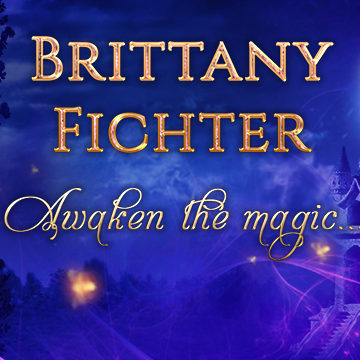

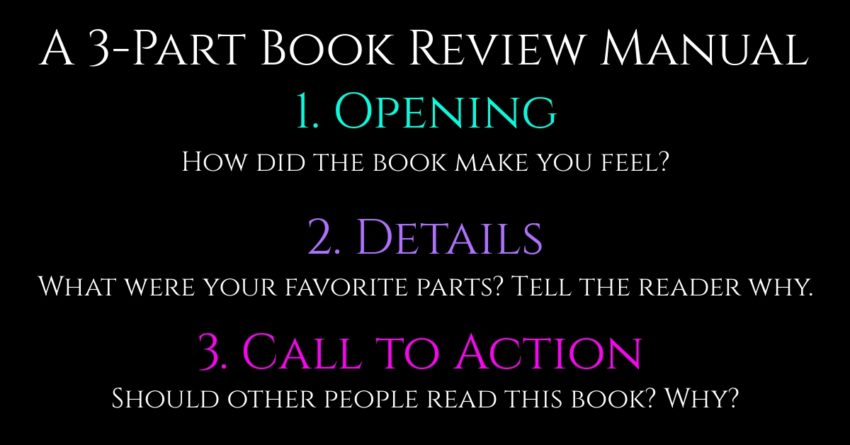
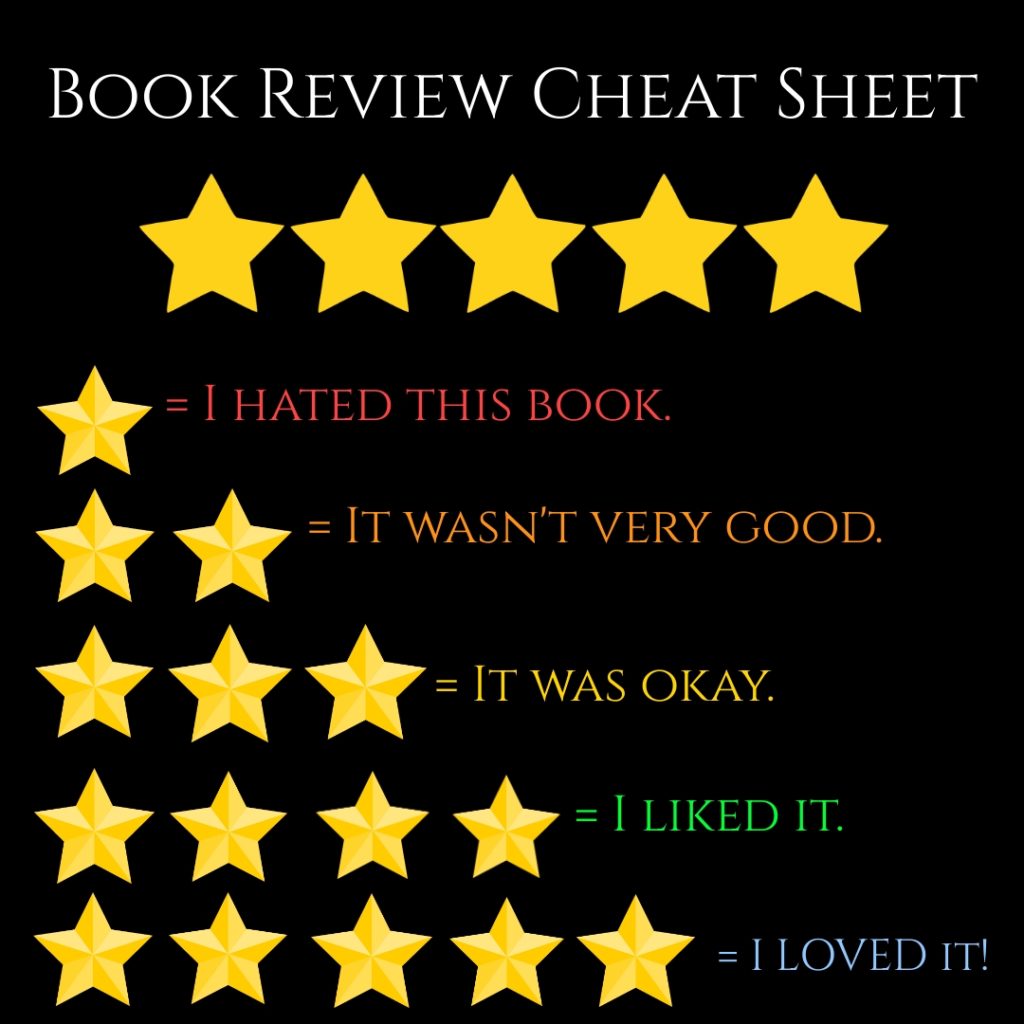
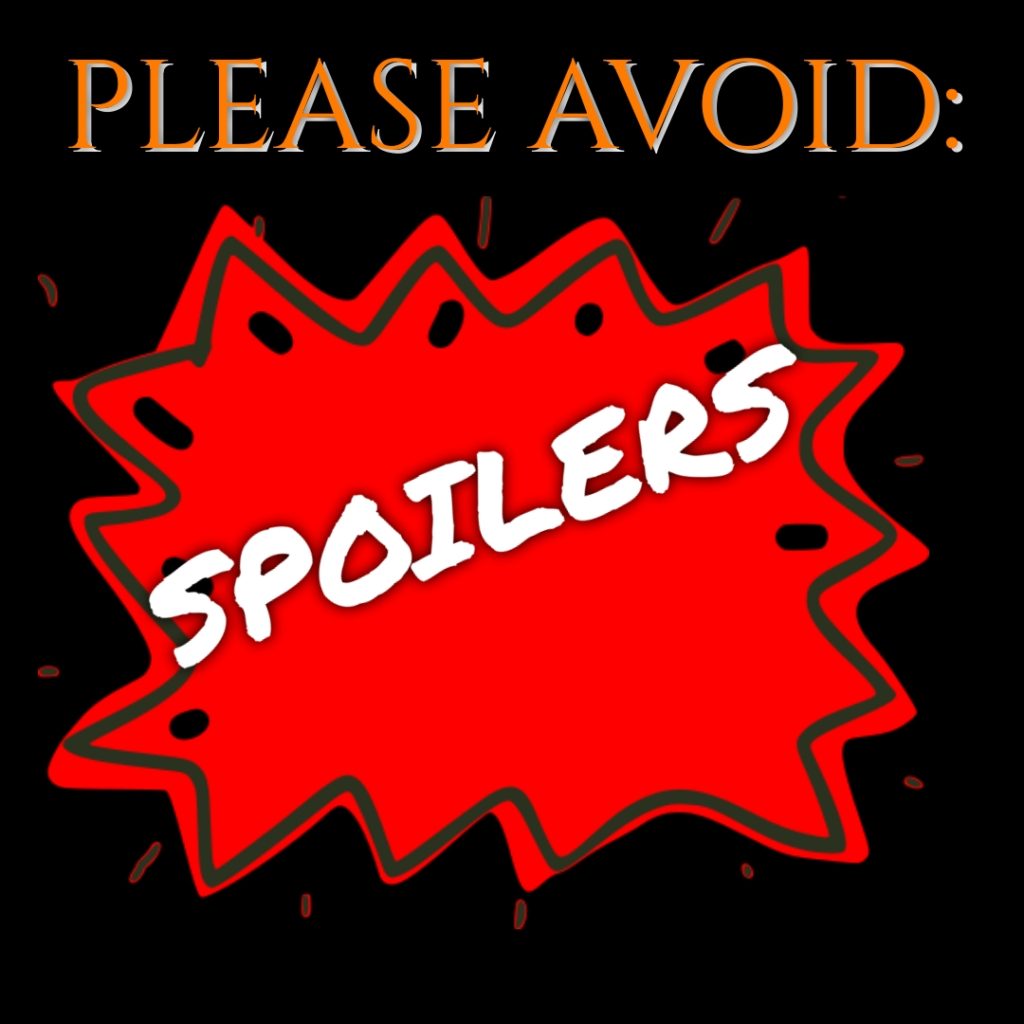
Thanks! Can you tell us more about the difference between ratings and reviews in how they affect you as an author and/or getting paid by Amazon? Besides giving prospective readers a reason behind the rating, is there a reason why a review is better than a rating for an author, or are they the same?